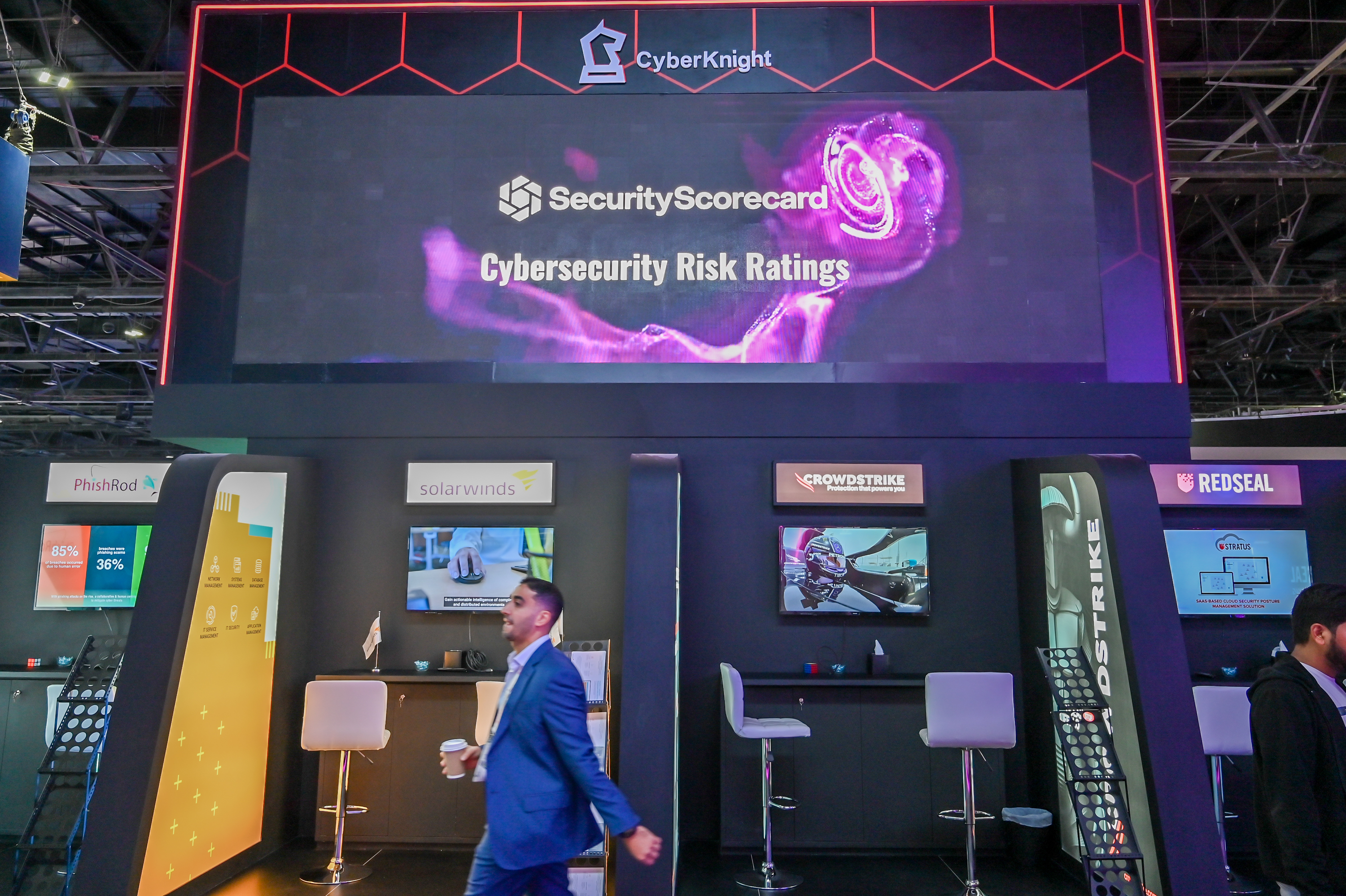The Middle East is not unaccustomed to cyberwarfare. For the better part of the 21st century, cyber tools have been instrumental in the region for collecting intelligence, influencing public narratives, and damaging rival infrastructure. Israel and Iran have long traded cyber blows — as illustrated by the Stuxnet attacks of 2010. But the war in Gaza and resulting regional instability have led to a significant increase in both the number of actors employing cyber weapons and their level of sophistication.
The Middle East Institute is pleased to invite you to an expert panel discussing this evolving cybersecurity threat landscape in the Middle East. The conversation will, in particular, focus on how the war in Gaza has affected the volume and types of cyber threats currently facing the region as well as what impact they have had on states thus far. Our distinguished speakers will analyze how countries in the Middle East are responding and to what extent their strategies are proving effective.
Speakers
Dr. Bassant Hassib
Non-resident Scholar, Middle East Institute
Niranjan Shankar
Non-resident Scholar, Middle East Institute
Marco Mossad
Non-resident Scholar, Middle East Policy Council
Mohammed Soliman (Moderator)
Director, Strategic Technologies and Cybersecurity Program, Middle East Institute
Detailed Speaker Biographies
Dr. Bassant Hassib is a non-resident scholar with the Strategic Technologies and Cybersecurity Program at the Middle East Institute. She is also a consultant with the International Security Program at Chatham House as part of the Gender and Cybersecurity project. Dr. Hassib was previously an Assistant Professor of Political Science at the British University in Egypt, a fellow at the Leicester Institute for Advanced Studies (LIAS) at the University of Leicester, and a DAAD visiting researcher at Arnold Bergstraesser Institute of the University of Freiburg. Her various research areas of interest and expertise include cybersecurity governance in Egypt and the GCC, (counter)surveillance, gendered cybersecurity threats, the geopolitics of cybersecurity and the digital economy, counterterrorism and civil society, military cyber and AI capabilities, the securitization of cryptocurrencies in MENA, and knowledge production in social sciences.
Niranjan Shankar is a non-resident scholar with MEI's Strategic Technologies and Cybersecurity Program focusing on great power rivalry, technology and cybersecurity policy, and U.S. policy in the Greater Middle East. Niranjan's work at MEI focuses on the domestic and international cybersecurity landscape and the intersection of global geopolitics and tech and cyber policy. He also covers how digital trade and commerce, overseas tech and cyber partnerships, and the race for digital infrastructure development will shape political and economic trends in the Greater Middle East. Additionally, he develops extensions to help provide zero-trust security and networking resiliency to applications hosted on cloud-based, distributed platforms. Niranjan holds a Bachelor of Science and Engineering in Computer Science from Princeton University, with a Certificate (Minor) in Statistics and Machine Learning.
Marco Mossad is a Non-Resident Scholar at the Middle East Policy Council, where he oversees a federally funded national refugee resettlement organization. His specialization in the MENA region, cybersecurity issues and artificial intelligence results in his focus upon the intersection of international relations and cybersecurity. He maintains his presence in cybersecurity discourse through affiliations with Young Professionals in Foreign Policy, the Center for AI and Digital Policy, and All Tech is Human. He holds a master's degree from Liberty University alongside technical credentials that include cybersecurity certificates, such as Certified Ethnical Hacker and CompTIA Security+. Marco regularly appears on Middle Eastern news channels and foreign policy outlets, contributing meaningful analysis to global events occurring in the Middle East and North African region. He is fluent in Arabic, German, and English.
Mohammed Soliman is the director of the Strategic Technologies and Cyber Security Program at the Middle East Institute, where he leads a global team of scholars to explore the policy challenges associated with the intersection of technology, geopolitics, and business in the Middle East and emerging markets more broadly. A native of Cairo, he began his career as an engineer and worked as a consultant, providing strategic advisory services for local and international businesses. Mr. Soliman earned his bachelor's degree in engineering from the Egyptian Aviation Academy and graduated with a Master of Science in Foreign Service with distinction from Georgetown University. Mr. Soliman also serves as a visiting fellow with the National Security Program at Third Way, and has previously served as country analyst for the Peace Tech Lab at the US Institute of Peace, as a Hufftington Fellow at the Institute for the Study of Diplomacy, and as a Junior Centennial Fellow at Georgetown's School of Foreign Service.
Photo by Waleed Zein/Anadolu Agency via Getty Images












